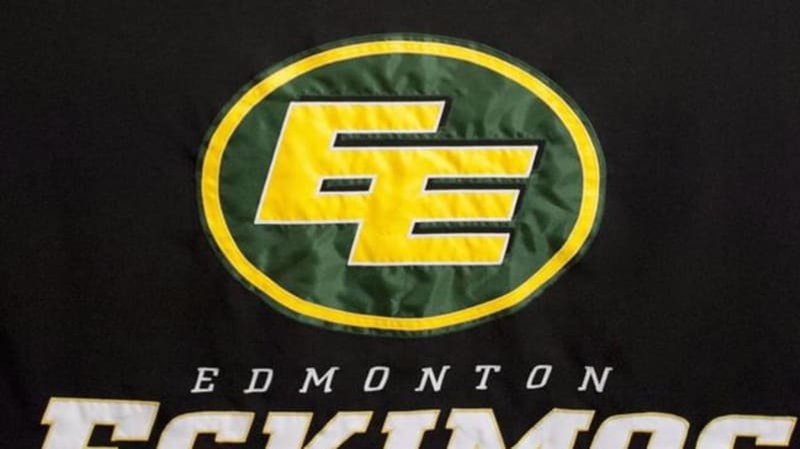
Experts believe Edmonton will change its CFL team name
As pressure mounts for professional sports teams to shed racist or stereotypical names, experts believe the Canadian Football League’s Edmonton Eskimos will soon announce a name change.
On Monday, the National Football League’s Washington Redskins announced they would retire their name and logo after pressure from sponsors.
The last thing management wants is for people to be talking about the name of the team, said Marvin Ryder, an associate professor of marketing at McMaster University’s DeGroote School of Business.
“Anybody talking about the name of your team, rather than the performance of your team or the athletes on your team, that’s the wrong message. You want that to go away.”


